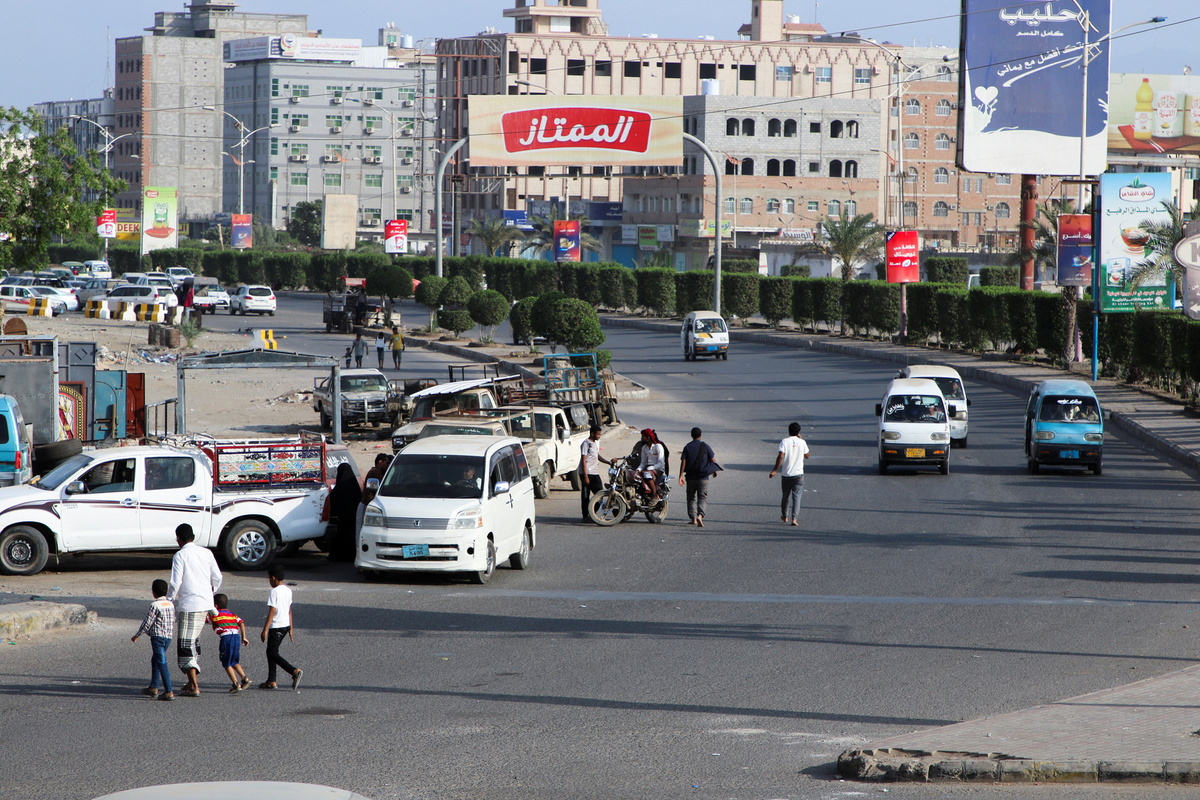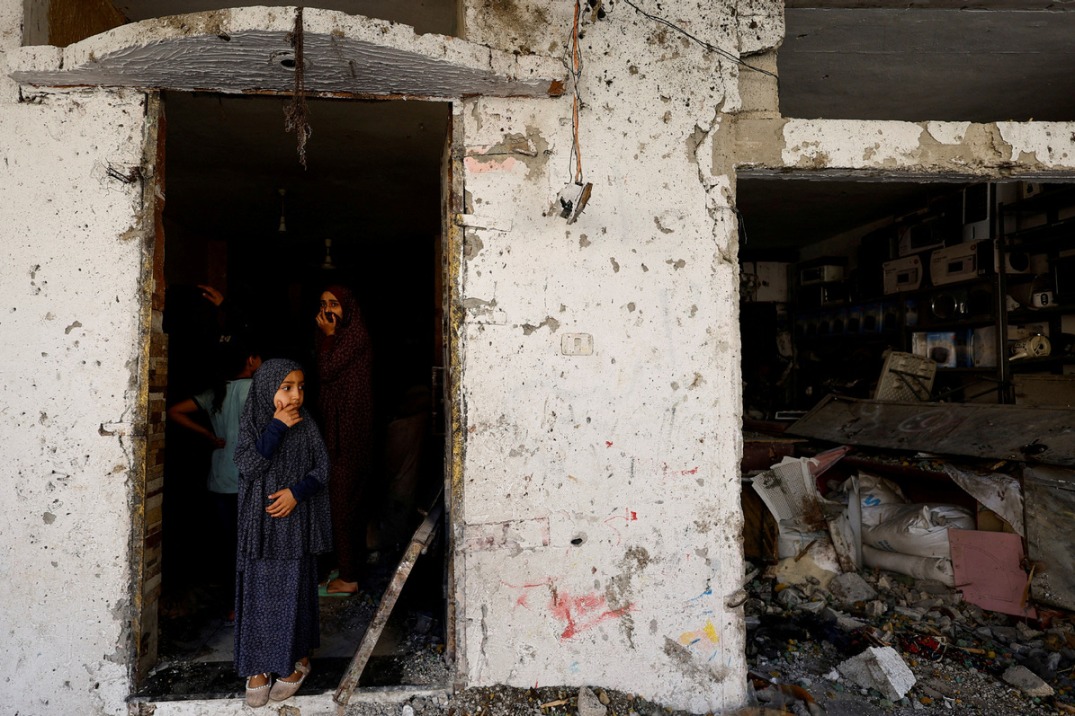Ray of hope looms for peace in Yemen


The establishment of a Presidential Leadership Council in Yemen will provide "significant momentum" to the peace process and improve the prospects for halting eight years of civil war in the fractured country, experts say.
Rashad Mohammed Al-Alimi, an adviser to Abd-Rabbu Mansour Hadi during his presidency and a former interior minister under the late president Ali Abdullah Saleh, is heading the eight-member council after Hadi stepped down from the top office on April 7 and relinquished all his executive powers to the council.
Yemen has been mired in a civil war since late 2014, when the Houthi militia seized control of several northern provinces and forced Hadi's government out of Sanaa, the capital.
Al-Alimi vowed on April 8 to work to end the country's devastating conflict and achieve permanent peace. In his first televised speech broadcast from Saudi Arabia, he said the council is "a council of peace, not war", but that it was also "a council of defense, power and unity", including its mission to protect the nation's and citizens' sovereignty.
Rasha Al Joundy, a senior researcher at the Dubai Public Policy Research Centre, said Hadi's decision gives the council the authority to negotiate with the Houthis, which will be crucial for reaching an end to the conflict.
"I believe (the Houthis) would seriously consider joining-and refusing will not be easy at this point with all these developments," said Al Joundy.
Nagapushpa Devendra, a West Asia analyst and research scholar at the University of Erfurt in Germany, said the establishment of the presidential council will provide "significant momentum" in rebuilding Yemen's peace process.
She said it is crucial for the council members to come to a common understanding and strategy to deal with the Houthis.
The formation of a more representative presidential council is a key consensus reached during the Yemeni peace consultations held in late March in Riyadh. The talks, backed by the United Nations and the Gulf Cooperation Council, gathered scores of Yemeni political, tribal and religious leaders, activists, economists, and leaders of nongovernmental organizations.
Nationwide truce agreed
The Houthi militia had snubbed the consultations because they were being held in Saudi Arabia and not a neutral country, as well as because of the continuing closure of Sanaa's airport and restrictions on the country's ports by the Saudi-backed coalition waging war on the Houthi militia, Doha-based media outlet Al Jazeera reported.
The warring parties have agreed to a two-month nationwide truce during and after Ramadan. However, both sides have traded accusations of violating the cease-fire sporadically.
Since 2016, the coalition supporting the government has enforced an air and sea blockade on Yemen, except for aid flights, and has accused Teheran of smuggling weapons to the militia. Iran denies the charge.
Abdulghani Al-Iryani, a senior researcher at think tank the Sanaa Center for Strategic Studies, said the Saudis are serious about bringing this conflict to an end by organizing their side of the conflict so that they are well positioned to negotiate with the Houthis.
Having just one man to rule over Yemen was no longer possible as the society "is too divided", said Al-Iryani, who had also worked with the UN in the Office of the Special Envoy of the Secretary-General for Yemen.
Hussein Al-Suhaili, chairman of the Tamdeen Youth Foundation in Sanaa, said Riyadh appears willing to deal with the situation in Yemen by ending its military operation and reaching a formula that would prevent Yemen from being used as a launchpad for attacks.
Saudi Arabia on April 7 announced $3 billion in support for Yemen following the formation of the presidential council. The support includes $2 billion offered jointly by the kingdom and the United Arab Emirates to the Yemeni Central Bank, the Saudi Press Agency reported.
The UN earlier said nearly $4.3 billion is required in 2022 to reach 17.2 million people in Yemen.
Xinhua contributed to this story.



































